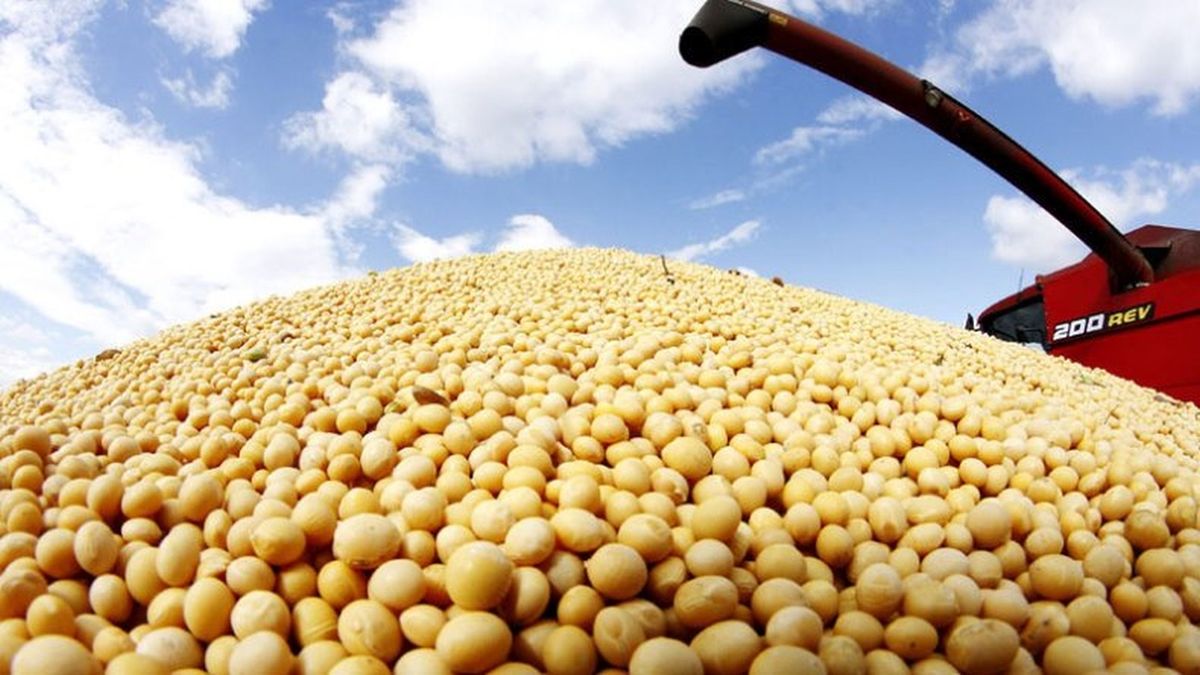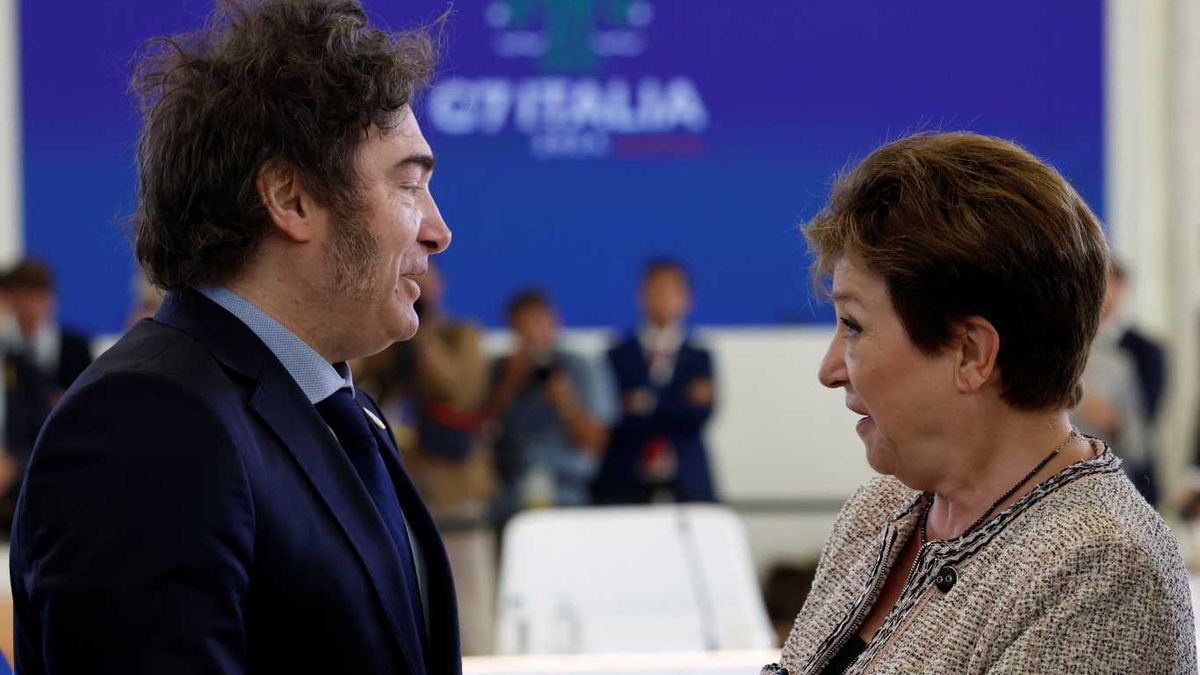The reality shows that the high international prices of agricultural commodities are also exerting a strong rise in food prices worldwide that put pressure on inflation, not only in Argentina but in all the economies of the world. That is why the question that arises is whether, from this new stage, progress will be made with more interventionist measures and with an eye toward adding more collections via withholdings in an economy that needs fresh dollars.
For now, despite the judicial moves of the opposition and the Argentine Rural Society, the new Minister of Economy could use a rise in retentions of cereals -corn and wheat- from the current 12% to 14% and beef from 9% to 15% without going through Congress. Something to which the current Minister of Agriculture, Julián Domínguez, would oppose, but which in practice is not under his authority.
Also at this time the possibility of reformulating the ministerial scheme is being considered and that some areas would be absorbed by the Ministry of Production. In that setup, from the bottom up, the possibility is fed that the Ministry of Agriculture will become a Secretariat under the command of Daniel Scioli as owner and as the key man for decision-making in conjunction with the new Minister of Economy.
The truth is that if the Government advances with the rise in withholdings, something that the “hard kirchnersimo” has been encouraging, the dialogue between the countryside and the Government would be cut off at all and at this time the agricultural leaders promise to advance with more measures of force. Strictly speaking, in practice, since Alberto Fernández took office, the Liaison Table has spoken out against his agricultural policy and even carried out three total strikes that included the cessation of the sale of grains and meat. The fourth will arrive next week, more precisely on July 13, and was announced before Guzmán’s resignation from office was known. That is to say, in little more than two and a half years, the current government had more protests from the countryside than Macri in four years, who, despite the fact that he raised the withholdings in the middle, closed his administration without having to face any measure of force from the government. agro.
Witness company?
Another key issue that a wing of the Government has been demanding for some time is the creation or start-up of a “witness company” in the grain trade. That is, that the Government intervenes directly as an actor in the purchase, processing and export of grains and by-products. Here too, the outgoing economy minister preferred not to intervene and from now on this proposal could be put under study again.
One possibility is to enhance the role that YPF plays in the exchange of grains for inputs and grow as an agro-exporter and even a grain processor. The second and complementary option would also be to set foot in Vicentin –via salvage or cramdown-, something that today is in the hands of the Supreme Court of Santa Fe and the Government expects a resolution in the short term.
In short, the work that the new Economy Minister will have ahead of him will be arduous, and in this context, the countryside awaits the next movements with more uncertainty than certainty.
Source: Ambito
David William is a talented author who has made a name for himself in the world of writing. He is a professional author who writes on a wide range of topics, from general interest to opinion news. David is currently working as a writer at 24 hours worlds where he brings his unique perspective and in-depth research to his articles, making them both informative and engaging.




